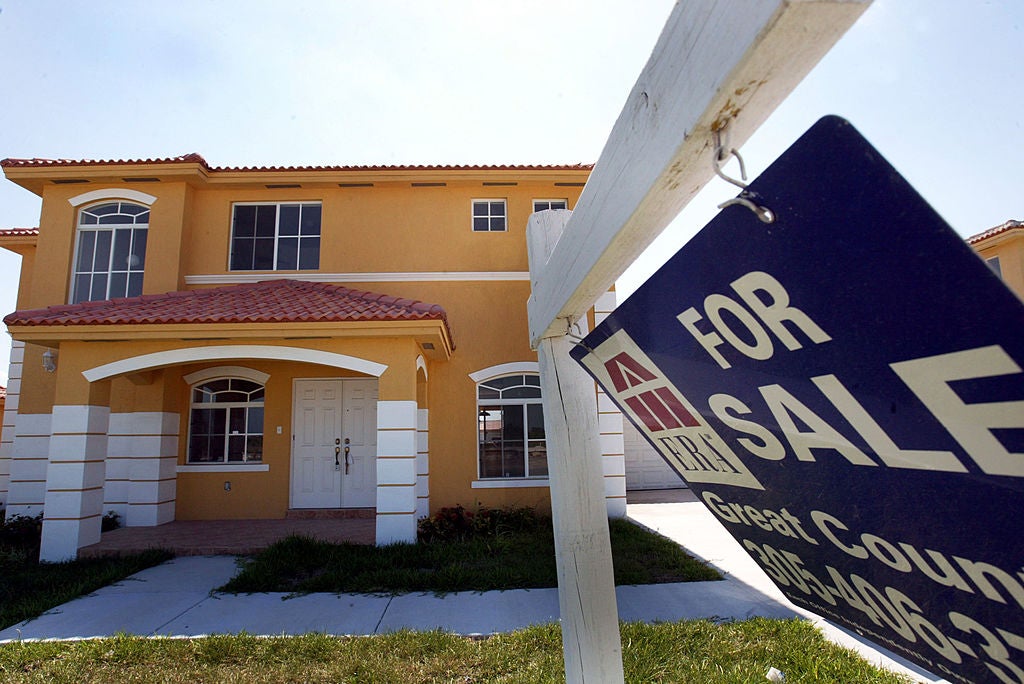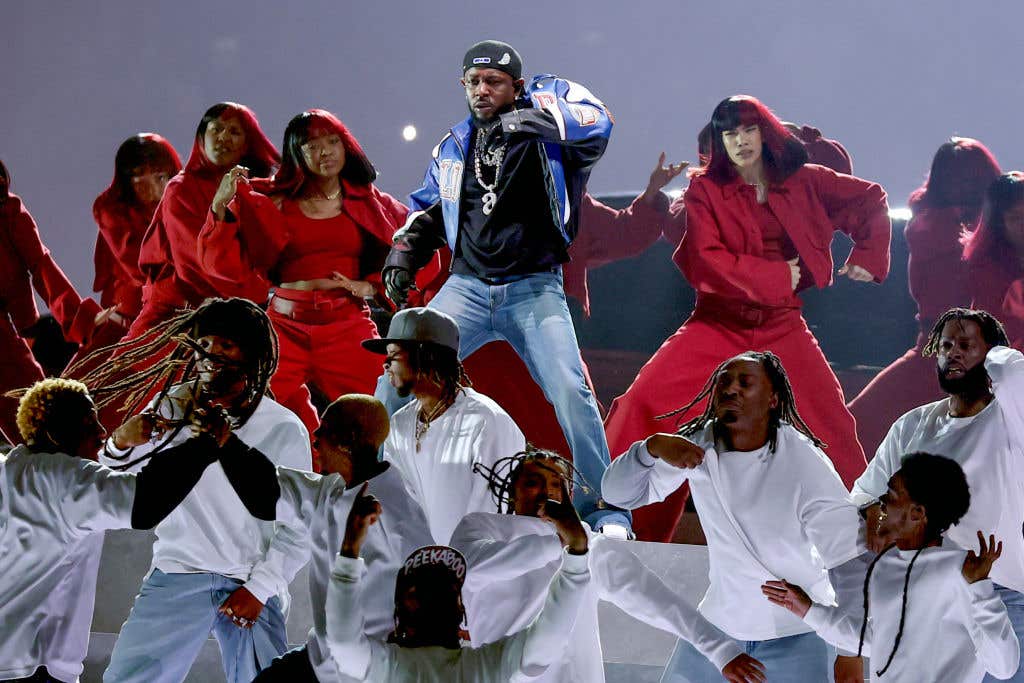Housing prices, embracing mathematical elimination, and the arithmetic of nostalgia
Three Is a Magic Number by Steven Uhles When I was in college, I had a journalism professor who loved to advise that numbers tell the story. I have, for…

Three Is a Magic Number by Steven Uhles
When I was in college, I had a journalism professor who loved to advise that numbers tell the story. I have, for most of my career, tried to ignore that lesson, preferring to write about the flexibility of ideas and abstraction than the hard truth of math. That doesn’t mean he was wrong. In fact, I think he was correct. Numbers to tell a story and, more significantly, ostensibly present a truth that might otherwise feel inexplicable. I don’t believe numbers are infallible. I certainly believe fact, figures and statistical data can be manipulated to tell a story without telling the whole story – and that’s a real danger when you are leaning on them as the primary variable in a storytelling equation. With that in mind, here is this week’s Magic Three. Count them down
Do the dollars make sense?
 Photo by Joe Raedle/Getty Images
Photo by Joe Raedle/Getty Images<em>While housing prices may be relatively low in Augusta, the question remains if they are affordable.</em>
It’s cheap to live here. That’s always been one of the attractors rolled out when discussing Augusta and its environs. Everything here is a little less expensive, be it gas, groceries or, most certainly, housing. But a recent study – which did not, for the record, include Augusta – makes me wonder if we have been looking at this all wrong.
The conceit of the study was that the relative expense of living in a town – in this case smaller communities with populations of between 10,000 and 50,000 – should be gauged not by comparing housing prices to cities renowned for their high cost of living – such as San Francisco or Los Angeles – but rather by comparing the median cost of housing to the median income. The idea is to illustrate not what housing costs, but rather how difficult it might be to afford.
The study found that of these small towns, the most cost prohibitive was Vinyard Haven, Massachusetts – which includes Martha’s Vinyard. The median income there is relatively high – a seemingly healthy $93,225. Median house prices, however, come in at an eye-watering $998,100. That’s 10.71 times the median income. By comparison, San Francisco’s income-to-housing ratio is a more modest – but by no means enviable – 8.3.
In fact, of the small communities in the survey, only one of the ten most expensive housing towns had an income-to-housing ratio under four – Los Alamos, New Mexico. It came in at 3.04, which means that the principal on a median 30-year mortgage represents about 10 percent of the clearly well-paid population’s median income.
But this made me curious as to what Augusta’s numbers might look like. Is Augusta an inexpensive city?
Not really. Not by this metric.
The median home price in Augusta – which does exclude Columbia County, North Augusta, and other areas outside Augusta-Richmond County – is approximately $225,000. The median income, by comparison, is $45,478. That means the median house price is 4.94 times the local median income. By comparison, the relatively booming cities of Austin, Texas and Phoenix, Arizona come in at 4.2 and 4.51, respectively.
Look, I understand there are reasons behind this – home inventory being a significant issue locally. I also understand that both the lowest incomes and most expensive housing, locally speaking, are in Augusta. It skews the numbers. That said, these numbers tell a story that could, without a significant shift in median income – because housing prices are still fairly low – lead to real issues down the road.
A numbers game
 Photo by Stephen Brashear/Getty Images
Photo by Stephen Brashear/Getty Images<em>Julio Rodriguez #44 of the Seattle Mariners reacts in the dugout after striking out during the fifth inning of a game against the New York Yankees at T-Mobile Park on September 18, 2024 in Seattle, Washington. </em>
I grew up in a baseball family and, as a father, try to continue that tradition by stoking any enthusiasm my children may have for the Great American Pastime. That said, I don’t make it easy on them and I certainly don’t make it easy on myself. Because while it would be easy to cheer and jeer behind a team like the Yankees or Dodgers – major market players that are no strangers to winning seasons – in the Uhles household we have thrown our lot in with the Seattle Mariners.
Here are a few numbers. Number of seasons played: 47. Number of seasons with a losing record: 30. Number of postseason berths: 5. Number of World Series appearances: 0. Number of other teams without a World Series appearance: 0.
Baseball is a game of numbers. No other sport collects and pores over stats with quite the vigor and enthusiasm as baseball. It really is the measure – concrete and quantifiable – by which the good is separated from the bad. And the numbers do not lie. Seattle has, for most of its history, been a bad team.
That finite nature of baseball math also means that success, in Seattle terms, becomes a little more abstract. For me, it has always come down to two words – mathematically eliminated.
For me, the success and failure of my beloved-if-downtrodden Mariners is measured (obviously) not by the World Series or postseason appearances. That would be far too frustrating. Instead, it is measured by how deep into the season the team can get before success becomes mathematically impossible. As of this writing, the Mariners are five games out of first place in the American League West and two games out in the American League Wild Card race. There are nine games remaining. And while the team, which has a 78-75 record, has just barely won more games than it has lost, I consider this a victory.
I fully understand and expect the old honorific of mathematically eliminated to be applied in the next week or so and chances of a losing season are just as likely – perhaps more – as a playoff berth. But they lasted a long time. They made things exciting. There are no wasted games and no guarantees of success or failure at this late date. For me, as a fan, that feels like winning.
The nostalgia line
 Steven Uhles | Augusta Today
Steven Uhles | Augusta Today<em>The dBs perform on September 21 at Eddie's Attic in Atlanta, Georgia. The band is touring behind the rerelease of its first two albums, which were released more than 40 years ago.</em>
This weekend I went to see a band I’ve loved since I was a very young man – the dBs. Critically lauded in their original early ‘80s incarnation, the North Carolina band was sort of an R.E.M. precursor whose jangling power pop clearly influenced the now-legendary Athens act. The current dBs tour is something of a rarity, becoming more of a side project for members than their primary gig. In the days leading up to the show, however, I began to worry, to doubt my own relationship with the band’s music and my attraction to the upcoming performance. You see, I love music, but I’m not so big on nostalgia.
My worry was this – was I going to see a show because I loved the music or was I going because I remembered loving the music. Had the dBs become a nostalgia act – a soft soundtrack for an evening of remember when? For me, it became kind of a math problem – a question of numbers. Is there a point, mathematically speaking, when a band transitions from fans looking forward to what is next to those same fans engaging more with what once was done? Is it 20 years into a career? 30?
The answer, I believe, may be more nuanced. If a band is still releasing music, can it be a nostalgia act? While I enjoyed the last Rolling Stones record, the songs I want to see that band play were written more than 50 years ago. Nostalgia. The Foo Fighters have been an active ensemble for 30 years, but still seem able to engage fans with new releases and fresh takes. Not nostalgia. The dBs have recorded a little in the last 15 years, but are touring behind the rerelease of their first underheard album. As much as it pains me, I believe I was being attracted by nostalgia.
But maybe that’s acceptable. I have fond memories of listening to this music, volume up because my windows were down and I had no air conditioning in my car. It’s a good memory. Perhaps I should embrace it. I don’t need the numbers to tell me how to feel about this music. It’s the way it makes me feel that counts.

Steven Uhles, Editor-in-Chief
Steven Uhles is Editor-in-Chief at Augusta Today. An experienced journalist with almost 30 years of digital and print experience, his work has appeared in The Augusta Chronicle, Augusta Magazine, Athens Magazine, Georgia Music Magazine, Military Officers Association of America Magazine, and has been syndicated to outlets around the world. He lives in Augusta, Georgia with his wife, two children and a seemingly ever-expanding pack of dogs.
![augustatoday.com logo@4x[324] augusta today logo](https://augustatoday.com/uploads/2024/08/augustatoday.com-logo@4x324.png?format=auto&width=3840&optimize=high)





